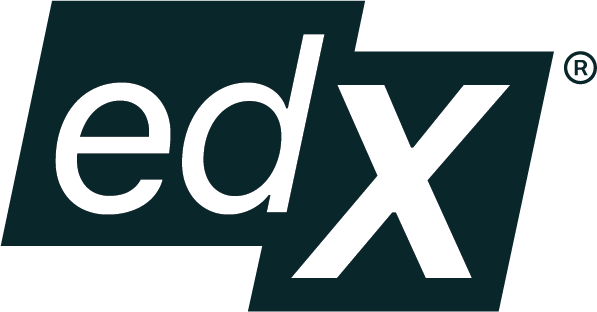Khan Academy and the learning experience
- lemclean
- Sep 12, 2021
- 3 min read
Relationship of Khan's effect to my worksite
Khan Academy is about the promotion, consumption, and harnessing of information and knowledge. They have developed a platform that promotes educational activities and learning experiences for all. Having the option to quickly search for the courses based on your capability (and to some extent your age) allows for personalization of the available information. Indeed, there is a direct connection to the problem of practice on the effectiveness of a modernized knowledge management system within the fast-growing information and communication technologies (ICT) environment. Our ability to surface timely information that has been curated and presented in such a way that it saves time is priceless. The challenge that exists within the worksite is about spreading knowledge. There is difficulty in finding it in the right place, actually being able to use it effectively to make sure that it’s properly applied to your individual situation.
Khan Academy offering quality educational activities


All in all, they do offer an opportunity of attempting to bring education to the masses, especially those who are unable to attend school but have access to an Internet connection. They can engage in personalized learning where students are able to practice at their own pace and comfort level. Unlike Quora, the content on Khan Academy has been created by experts where they are aligned to the different common core standards. Hence, the capabilities are there for teachers to leverage the content to help with tailoring their instructions for the classroom. In promoting the usage, recently they launched the Khan Kids for ages (2-7) and I immediately downloaded it for my toddler. So far the experience has been good, their cognitive skills are being tested to ensure mastery.
Related readings
The purpose of Khan Academy is the promotion of free mass education through the online platform. They are attempting to revolutionize the education space by providing a commodity that is scarce to the globe at no cost to the user. In rolling the clock back, Meyer et al. argue that education was viewed as a tool for maintaining the economic and political structure of the elites. Throughout the decades though, "mass education became a core component of the nation-state model" (Meyer et al., 1992, p. 131) which provided the mechanism for more individuals to become educated within society. Most importantly though while "the right to free elementary education is enshrined in the United Nations' Declaration of Human Rights" (Meyer et al., 1992, p. 128) according to the UN SDG 2030 there are millions of children not attending school. Thus, the lack of opportunities for them to gain an education where they can become a productive member of society is being eroded by the day. Educational platforms like Khan Academy is another method that can potentially reach these millions of children and their families. The solutions they provide ensure enrichment of social capital (Fullan et al., 2015) through constant collaboration and coordination of delivering an experience to the promotion of mass education around the globe.
UN SDG 2030 Goals - Education

Integrating and connecting the dots on knowledge
It is always important to pause and think through the potentials of leveraging the content that has been shared throughout the week. This week the focus has been on educational systems and accountabilities. There is a lot to remember as it relates to the starting process of mass education and the challenges that come with it. Now that we are banking on achieving universal education for all, it is crucial for institutions and organizations to better understand the importance of both internal and external accountabilities.
Professional capital and professional standards are important concepts to think about as part of the notion of accountability
Accountability can be a complex challenge for any institutions (this is even so more important around maintaining up-to-date knowledge management)
The framework proposed by Fullan et al (2015) for accountability encapsulate meaningful learning, resource accountability, and professional capacity
Increasing internal accountability should always be a priority for any organizations since this also drives external accountability
Collaborative culture fosters greater responsibility and thus in term drives more internal accountability
Human capital and social capital will be important as you think through operationalize knowledge management principles
Shared learning and teaching is normally done through coherent and cohesive systems (Fullan et al., 2015)
Learning systems helps promote professional standards
As we think through the problem of practice, then it is essential to also figure out how to integrate both internal and external accountability that is directly linked to professional development and growth
References
Fullan, M., Rincon-Gallardo, S., & Hargreaves, A. (2015). Professional capital as accountability. Education Policy Analysis Archives, 23(15)
Khan Academy. (2020). https://www.khanacademy.org/
ICT photo credit - https://thestatetimes.com/wp-content/uploads/2018/02/infotech.jpg
Meyer, J., Francisco, R., & Soysal, Y. (1992). World Expansion of Mass Education. Sociology of Education. Vol. 65, No. 2. p. 128-149




Comments